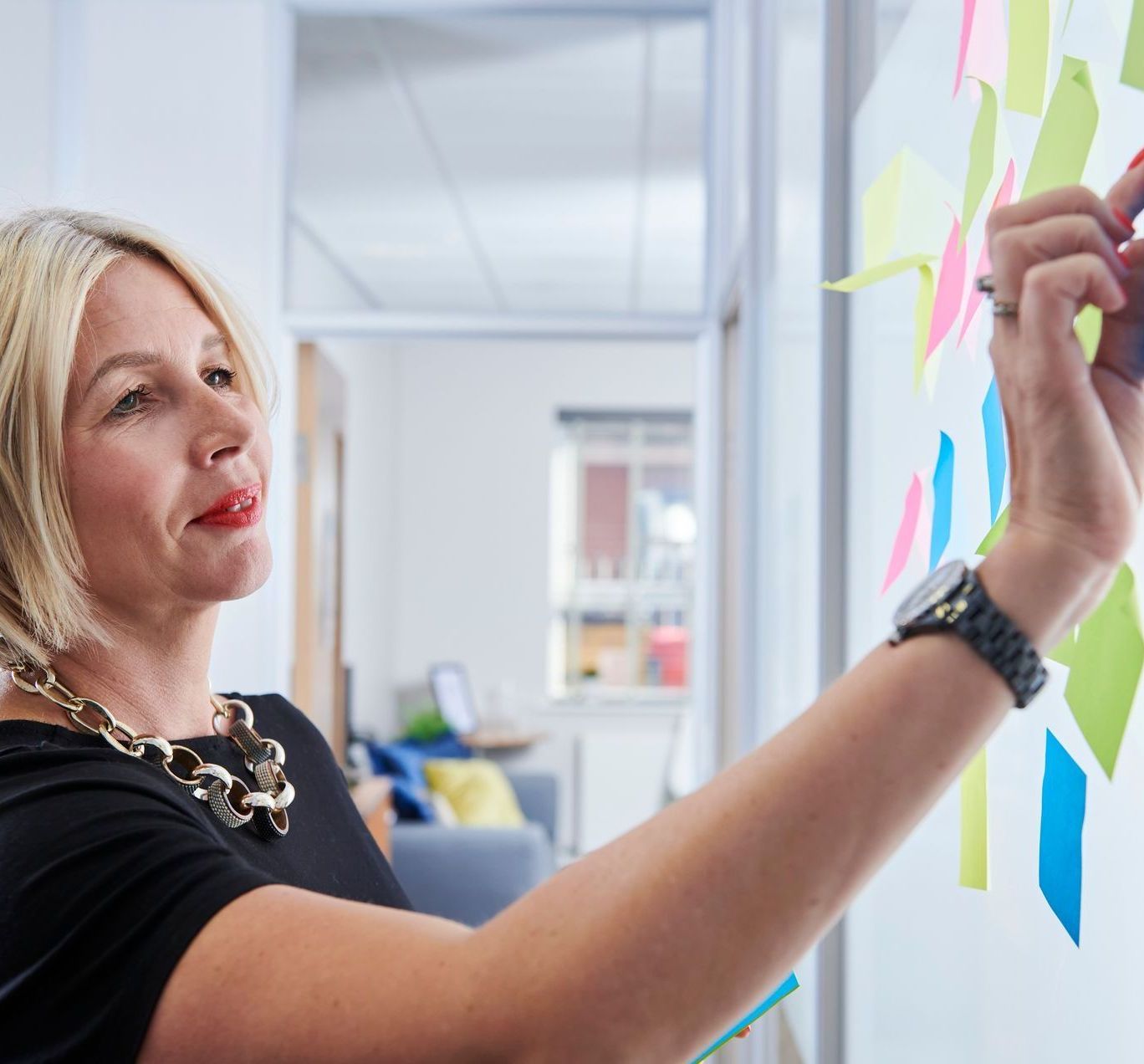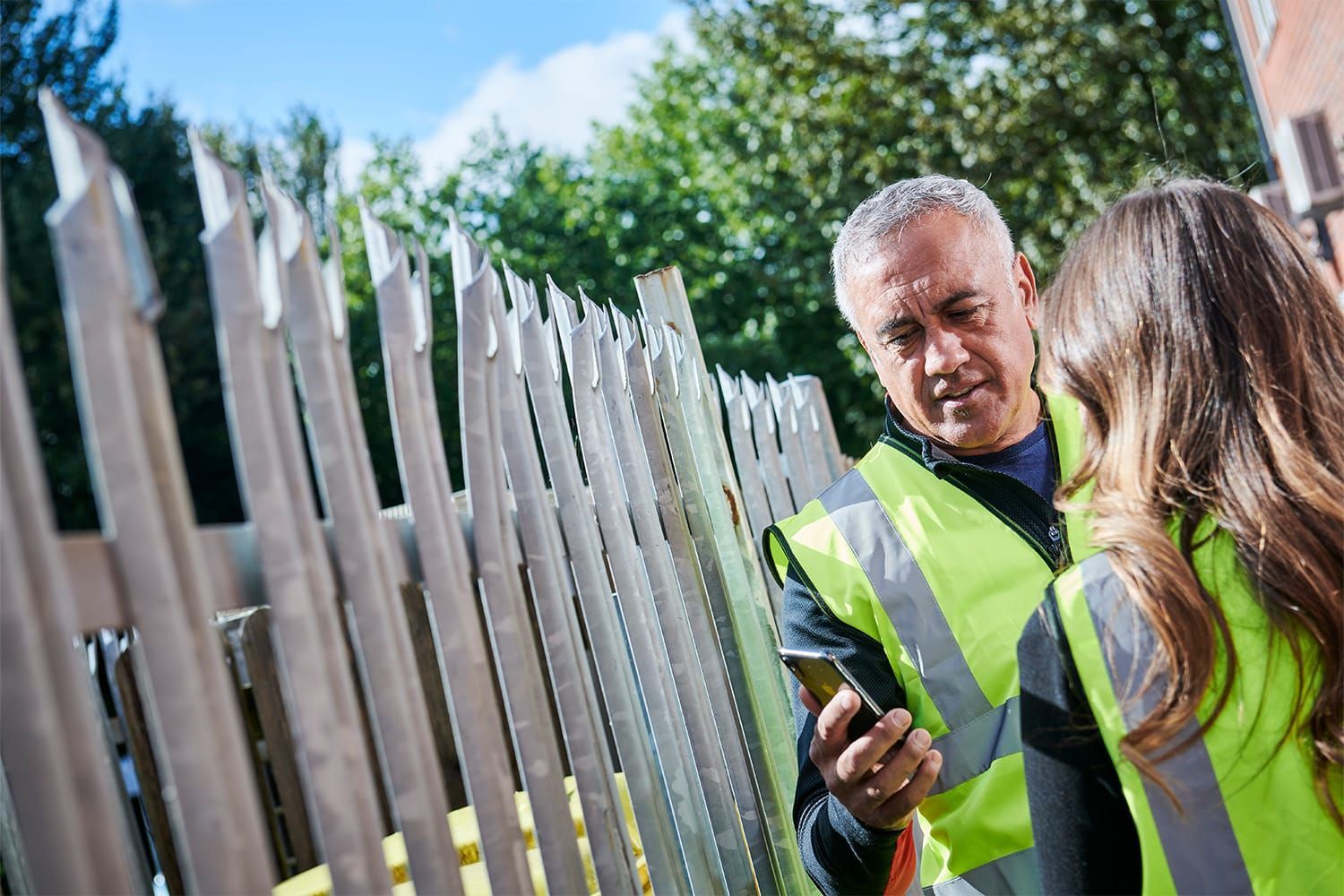Mechanical Engineer
Maintenance Technician
CAD Technician
Quality Inspector
Engineers
Electrical Engineers
Project Managers
Helath & Safety Specialists
Looking for Technical Candidates?
What we do.
Recruiting for technical and engineering roles in Staffordshire and Cheshire evolved for Appointments, we found our trusted and loyal clients just couldn't get the same level of service from their existing recruiter, so they asked and we delivered.
Peter Donnelly our technical and engineering recruitment expert recruits within the manufacturing, mechanical, and engineering industries. Appointments have an extensive candidate database and have recently seen a 67% growth in jobs in this sector.
We don't just find cv’s on Linkedin we ensure all of our technical and engineering clients receive a recruitment solution that includes a high level of screening and vetting.
It has been forecast that engineering employers need to recruit 265,000 skilled candidates annually to meet the demand for engineering people by 2024, so let us help you stay ahead of your competition.

Peter Donnelly.
Our Technical Specialist
Peter is Appointment’s Business Manager and specialises in the Manufacturing and Engineering sector. Starting his recruitment career 15 years ago, Peter was originally recruited for the Accountancy sector however he quickly discovered a passion for recruiting technical roles. Clients and candidates alike value the expertise Peter brings to them and his commitment to only placing the right candidate in the right role ensures he is able to build long-lasting relationships with global businesses and SMEs based in Staffordshire, Stoke on Trent and Cheshire. When Peter isn’t keeping up with the fast-paced world of technical recruitment, his first love is his family. Closely followed by Football and Golf

Why Choose Appointments For Technical Talent?
We do the hard work, so you don’t have to.
- Access to a local database of talent
- Proven recruitment methods that work
- A great depth of understanding technical and engineering roles
- 10 years + experience
- Local knowledge
What our Technical partners have to say.
Salary Guide
How competitive are your technical salaries?
We know it's hard competing for top talent, make sure your salaries are keeping you in the race.

Technical
Roles we've filled.
- Mechanical Engineer
- Maintenance Technician
- CAD Technician
- Quality Inspector
- Engineers
- Electrical Engineers
- Project Managers
- Health and Safety Specialists

Tips, Advice and Insights
Technical News.







